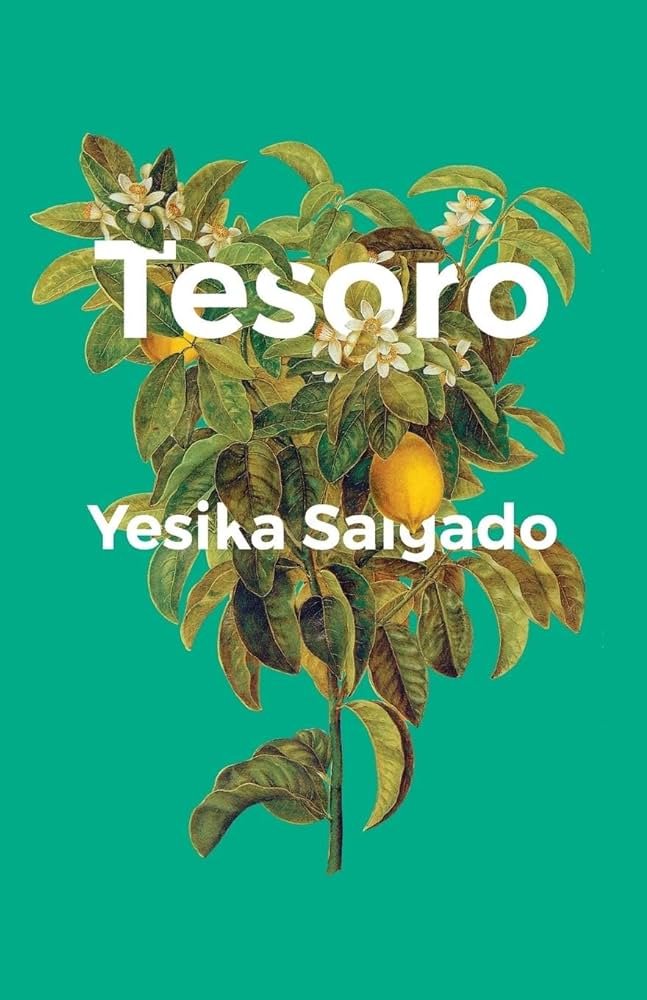This book is everything I wanted and more. It unbraids the tangle of historical movements fighting for justice in El Salvador during its revolutionary era, providing clarity where led savvy and untrained political thinkers only see chaos. It draws out the history of university militants, liberation theologians and their flocks, campesino organizers, and more in their respective and crossing paths for change, be it through electoral politics, armed resistance, or otherwise. The conversations and tensions between these groups is illuminating, especially since most history paints the Salvadoran conflict as a Cold War battle with US and Israel supporting the dictatorship and Cuba and Russia supporting the FMLN. The recovery of the different ideologies at play in the resistance is key to a deeper understanding of how we got to where we are now and how we can try to do better. It was illuminating for example to learn of Che Guevara's dismissal of revolutionary possibility in El Salvador, in part because the country lacks enough mountains for guerillas to retreat in, and how leftist militias built broader based coalitions to sustain the revolution, adapting Vietnamese and Maoist strategies. It was illuminating to learn of the debates surrounding Roque Dalton's death, where militarized and dogmatic rooted peasant revolutionaries bristled against the influence of cosmopolitan petit bourgeoisie they felt was attempting to hijack the revolution because they did not want a Cuban and Soviet revolution, but a Salvadoran one. This book holds the pain, paranoia, and horrors of people who literally sacrificed everything in an attempt to forge a brighter future for El Salvador. I'm immensely grateful to Chavez for his work. Alongside Unforgetting by Lovato, this book is key to understanding El Salvador and especially illuminated my understanding of the political forces at play. There's plenty of people and areas of research I will continue to research where Chavez has pointed me. 5/5



